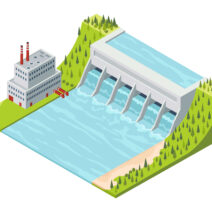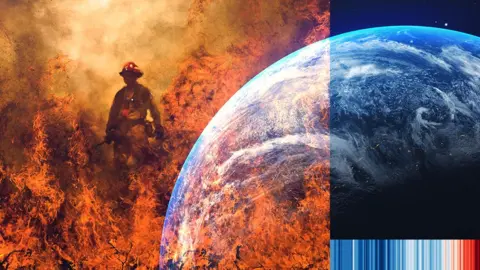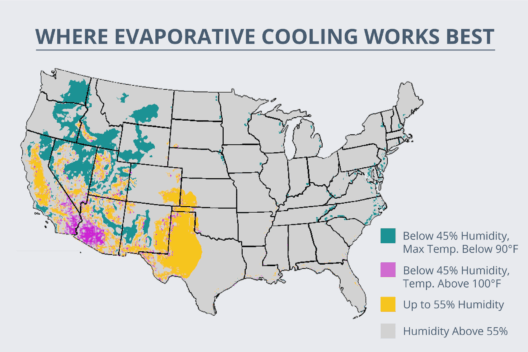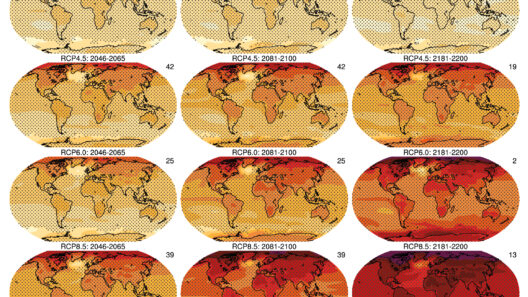As we traverse the complexities of modern life, one must ponder: how do our quotidian habits suffocate the planet? This inquiry emerges from a pressing challenge that demands our immediate attention and rectification. While the notion of climate change may evoke a sense of existential dread, it is vital to understand the multifaceted human activities that exacerbate this global crisis. Our insatiable appetite for resources, coupled with lifestyles steeped in convenience, positions us as both innovators and destroyers. Indeed, the very practices that propel economic advancement simultaneously undermine the ecological tapestry upon which we all rely.
To dissect the nexus between human activity and climate change, we must first examine our reliance on fossil fuels. The combustion of coal, oil, and natural gas is the bedrock of modern energy consumption. In 2019, fossil fuels accounted for approximately 84% of the world’s primary energy supply. This staggering statistic is not merely a number; it embodies an intricate web of economic dependencies and infrastructural determinations. As we burn these hydrocarbons for electricity, transportation, and industrial processes, we emit vast quantities of greenhouse gases (GHGs) such as carbon dioxide (CO2) and methane (CH4). These gases accumulate in the atmosphere, trapping heat and altering global temperatures. The Electric Power Research Institute estimates that coal-fired power plants produce nearly two-thirds of all CO2 emissions from the energy sector. The implications are sobering; our desire for energy fosters an unrelenting cycle of environmental degradation.
In juxtaposition to fossil fuel dependency lies our insatiable inclination towards consumerism. The modern economy thrives on a model predicated upon perpetual growth, leading to extravagance in production and consumption. The fashion industry, epitomized by the phenomenon of “fast fashion,” serves as a quintessential example. This sector relies on mass production and frequent turnover of goods, resulting in substantial waste and pollution. Consider the water-intensive processes involved in cotton cultivation, which can consume up to 10,000 liters to produce just one kilogram of conventional cotton. Additionally, the toxic chemicals employed in textile production and dyeing can contaminate local waterways, endangering both ecosystems and human health. When we purchase cheap, fleeting garments, we inadvertently endorse rampant exploitation and environmental decay—the paradox of convenience at the cost of sustainability.
Our gastronomic habits further exacerbate the climate conundrum. Industrial agriculture, characterized by monoculture and heavy reliance on synthetic fertilizers and pesticides, develops vast agricultural landscapes that disrupt local biodiversity. The United Nations Food and Agriculture Organization (FAO) highlights that agriculture is responsible for approximately 24% of GHG emissions. The livestock sector, particularly, is a significant contributor. Cattle farming produces methane, a greenhouse gas with a potency 28 times that of CO2 over a century. Moreover, deforestation for pasture and feed crops undermines carbon sequestration and leads to habitat loss. Our dietary choices possess formidable implications—where meat consumption triumphs over plant-based diets, the environmental toll becomes indisputably evident.
Transportation stands as yet another pillar of climate change wrought by human activity. The convenience of personal vehicles has become an emblem of modern status; however, this reliance introduces a myriad of environmental dilemmas. The transportation sector is a primary source of air pollution, accounting for around 14% of global GHG emissions. Every mile driven in a gasoline-powered vehicle represents a contribution to atmospheric degradation. Heavy traffic congestion not only leads to wastage of fuel but also contributes to the deleterious effects of urban smog, which poses heightened risks to public health. Transitioning to sustainable mobility alternatives, such as biking, public transit, or electric vehicles, offers a tangible opportunity to mitigate these adverse impacts—but such innovations require collective societal commitment.
Let us not neglect the underlying issue of waste management. The pervasive culture of disposability has engendered alarming quantities of refuse traversing landfills and oceans. According to the World Bank, global waste generation is projected to increase by 70% by 2050 if no action is taken. Landfills, often situated near marginalized communities, emit methane gas during organic matter decomposition—contributing further to climate change. The visible plastic pollution in oceans wreaks havoc on marine life, disrupting intricate ecosystems and endangering biodiversity. Adopting a circular economy—whereby waste is minimized, reused, and recycled—provides a promising framework for addressing the waste crisis while simultaneously alleviating the pressures on our climate.
The aforementioned factors—fossil fuel consumption, consumerism, agriculture, transportation, and waste management—illustrate the myriad ways in which human habits contribute to climate change. While it is easy to cast blame upon industries and corporations, one must also reflect on the role of individual choices. In pondering our daily impacts, we can collectively pivot towards sustainable practices. Perhaps your challenge lies in redefining conveniences in your life, opting for renewable energy sources, shifting dietary preferences, or advocating for better waste management practices in your community. The undeniable truth remains: as we shape our habits, we simultaneously shape the future of our planet. Are we willing to rise to the occasion?
Ultimately, addressing climate change transcends mere awareness; it necessitates a paradigm shift in how we view our place within the world. By scrutinizing and recalibrating our habits, we can forge paths toward sustainability that promote environmental resilience. The stakes have never been higher, and the initiative to protect our planet is ours alone. Together, let us embrace the challenge and usher forth a sustainable future.







